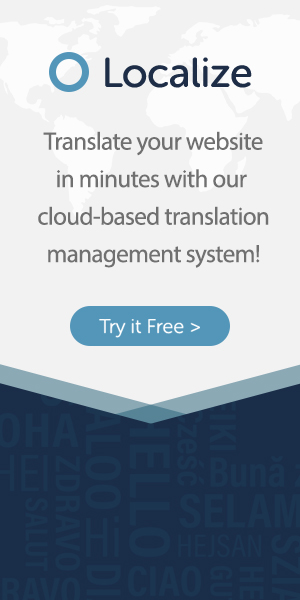The translation business brings with it umpteen number of challenges and the number one reason for experiencing these difficulties is the lack of understanding between the company and the client. The very nature of the translation industry expects participants within the sector to routinely experience some form of problem in cross-cultural communication. In order for companies to function with ease and for there to be a mutually beneficial relationship between the client and the company, there needs trust.
Establishing trust is extremely challenging. Without it, companies stand to lose the client base they have built. In the translation industry in particular, sometimes the key players in the client’s company do not speak or understand the languages they need their work to be translated into. This makes decisions regarding choice of the translation vendor a complete gamble. While quality checks are a part of the translation process, ultimately it’s all a matter of trust. The client needs to trust that the translation company will keep good on their word and provide them with a superior quality translation services.
Building trust
While building trust can take years, breaking it only takes an instant. Companies need to be careful how they handle client relationships, in order to ensure continued business partnership. Here are some ways in which companies can build trust:
Working with integrity
Many clients will be unaware of the quality of work to expect from a translation vendor, especially if they are new to the field. It is imperative for the company to provide all services of the highest quality. The trick is to promise less and offer more. When clients see the effort that the company is putting into the work done, trust is automatically built.
Tackling challenges with confidence
The translation field, in particular, is fraught with challenges. If a vendor refuses to take up an assignment that the client brings, it shows the vendor’s hesitancy to take up challenging tasks. No client will be willing to trust such a vendor with any of their work.
Being trendsetters
The requirements within the translation industry are constantly changing. It becomes imperative for vendors to upgrade their skills. When a company develops new translation practices or sets a benchmark, it becomes the most trusted company around. Clients will be assured of the vendor’s ability to handle difficult requirements, thereby reinforcing their trust in the vendor.
Building credibility
While it is important to create a positive track record, it is as important to maintain in. Credibility is built only over time. When a client sees a consistent work history, they are more likely to trust the vendor with any work they have.
Being flexible
Translation often throws up new and unforeseen requirements. Sometimes, a vendor may need to delineate from the established processes to accommodate the requirements of the client. Providing space for such changes will show clients how accommodating and concerned the vendor is. This cements the trust established between the client and the vendor.
Setting up productive practices
A vendor who cares about their client will set up processes or use resources that will not only speed up the work but will also ensure quality output with the least errors. The more such processes a vendor sets up, the better will their relationship be with their clients.
Having the client’s best interests at heart
Some clients will have certain limitations, be they in the form of budget or their technical strengths. A vendor who plugs in these gaps and provides high-quality service will have the trust and loyalty of their clients in the long run.
Ready to go global? Sign up for a 2 week trial here and we’ll reach out to help.






